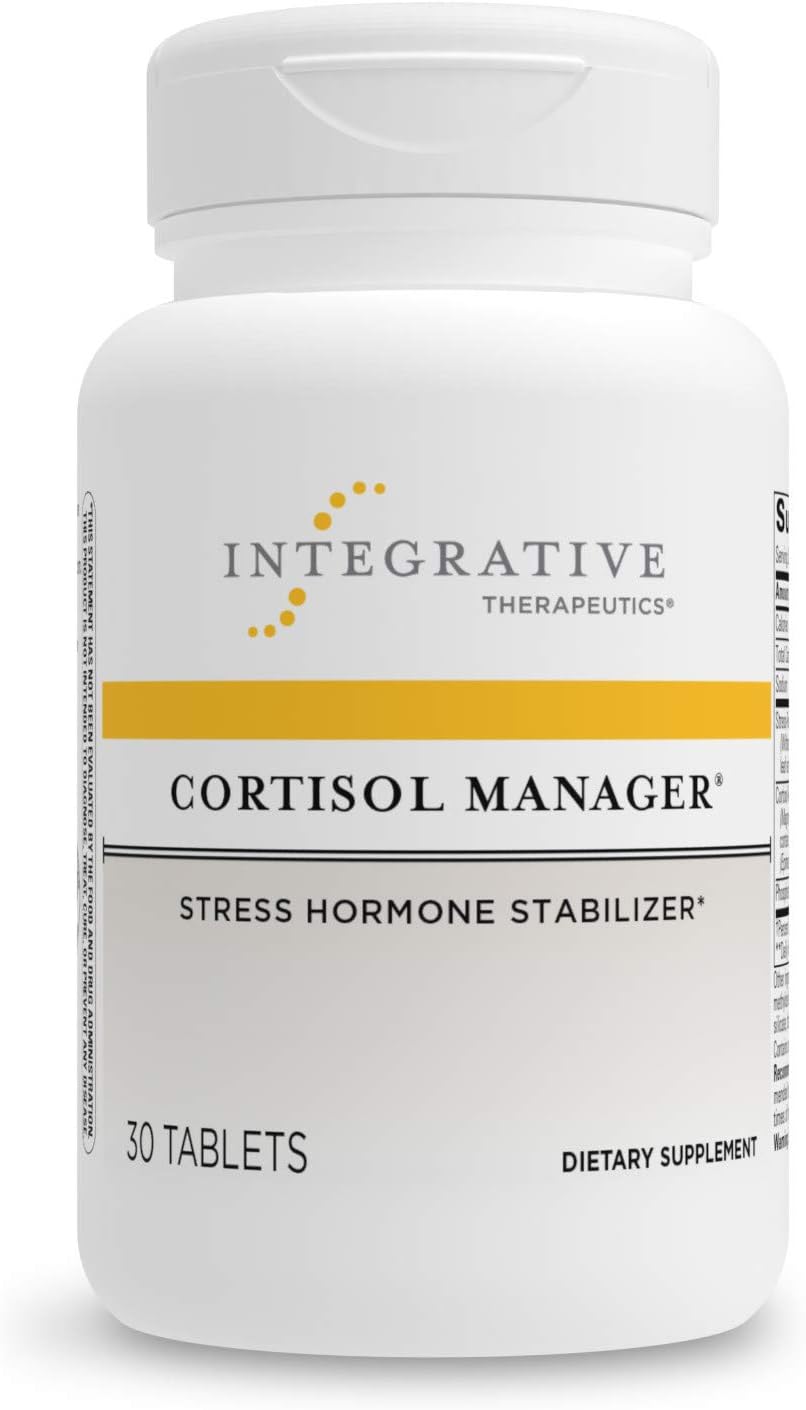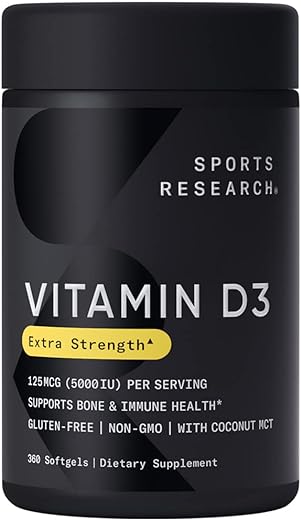Discovering reputable practitioners of alternative medicine can initially seem challenging with the myriad of choices available. This comprehensive step-by-step guide aims to empower individuals looking for alternative healing to navigate this world with confidence and trust. The purpose of this guide is to offer practical tips and strategies to help you identify and connect with trustworthy practitioners who can provide safe and effective treatments tailored to your needs. Through this guidance, individuals can embark on their healing journey with peace of mind and clarity.
Understand Alternative Medicine Practices
- Explore Various Practices: Compare and contrast different types of alternative medicine practices. Research acupuncture to understand the use of fine needles to stimulate specific points on the body. Look into herbal medicine and discover how natural plants are used to promote healing. Delve into chiropractic care to see how spine realignment can improve overall health. Ex: Study how acupuncture can treat conditions like migraines by increasing blood flow.
- Understand Principles: Gain insights into the underlying principles of each alternative medicine practice. Identify acupuncture’s belief in balancing the body’s energy flow or Qi. Explore how herbal medicine underscores the healing properties of plants like ginseng or turmeric. Recognize how chiropractic care focuses on the relationship between the spine and nervous system. Ex: Learn how chiropractic care promotes overall well-being by ensuring proper spinal alignment.
Check Practitioner Credentials
Verify Practitioner Credentials:
- Check Certifications:Make sure to request and review the practitioner’s certifications to confirm they have received proper training. Check if these certifications are relevant to the services they offer.
- Verify Licenses:Ask the practitioner to provide details of their licenses and verify their authenticity. Ensuring they hold valid licenses showcases their credibility and adherence to professional standards.
- Research Associations:Look into the associations or organizations the practitioner is affiliated with in their profession. Being part of reputable groups indicates their commitment to upholding ethical practices and continuous learning.
- Ask for Evidence:Don’t hesitate to inquire about any qualifications or memberships mentioned. Request proof of credentials, licenses, or associations they claim to be a part of to validate their expertise.
- Review Credentials:Gather all the information obtained and cross-check it against official databases or websites. This step helps verify the legitimacy of the practitioner’s credentials for added peace of mind.
Read Reviews and Testimonials
- Check Reviews: Navigate to relevant search engines or websites and search for the practitioner’s name or clinic. Look for reviews left by former patients to grasp insight into their experiences.
- Analyze Feedback: Assess the reviews carefully, paying attention to recurring themes or comments about the practitioner. Evaluate both positive and negative feedback to form a holistic understanding of their reputation.
- Consider Testimonials: Seek out any provided testimonials on the practitioner’s website or social media platforms. Read through them to gauge the effectiveness and quality of service the practitioner offers.
- Make Informed Decision: Use the reviews and testimonials as a guide to assist in making an informed decision about choosing the practitioner. The insights gathered can help you in assessing whether they are the right fit for your needs.
Consult with Your Primary Healthcare Provider
When planning to explore alternative medicine options, engage your primary healthcare provider in discussions to guarantee compatibility with your ongoing treatments. Initiate an open dialogue with your healthcare provider by clearly stating your intention to integrate alternative medicine practices into your current healthcare regimen. Use examples like explaining specific alternative therapies or supplements you are considering to give your healthcare provider a clear understanding of your direction. Collaborate with your provider to assess any potential interactions, contraindications, or adjustments needed in your current treatment plan. This proactive approach ensures your primary healthcare provider can offer knowledgeable guidance tailored to your individual health needs and goals.
Ask About Treatment Plans and Fees
Ask the practitioner about their treatment approach, so gain insights into how they plan to address your concerns. Request information on the expected duration of the treatment, as well as the typical outcomes patients experience. Understanding the potential costs involved is also crucial, so determine the associated fees and any additional expenses that may arise.
Here’s how to inquire effectively:
- Discuss Treatment Approach: Ask the practitioner to outline their approach in treating your specific issue.
- Inquire about Duration: Request an estimation of how long the treatment may take to achieve desired results.
- Understand Expected Outcomes: Seek information on the typical outcomes expected from the proposed treatment.
- Clarify Costs: Gain clarity on the fees associated with the treatment and ask about any potential additional expenses.
Visit the Practitioner's Clinic
- Schedule Your Visit: Contact the practitioner’s clinic to book an appointment for a visit.
- Assess Cleanliness and Hygiene: Upon arriving at the clinic, observe the cleanliness of the facilities. Pay close attention to waiting areas, treatment rooms, and restroom. Check if surfaces are dust-free, floors are well-maintained, and there are sanitization stations available.
- Evaluate Professionalism: Interact with the clinic staff to gauge professionalism. Take note of how they communicate, their attire, and how they handle inquiries and appointments. Professionalism is key in providing excellent service.
- Immerse Yourself in the Atmosphere: Go beyond visuals and absorption details of the clinic’s ambiance. Note the overall atmosphere: Is it welcoming and calming? Does it feel like a place where you can receive quality care? Let your instincts guide you on how comfortable you feel in that space.
- Take Your Time: Don’t rush your visit. Spend enough time at the practitioner’s clinic to ensure you have gathered a comprehensive assessment.Feel free to ask questions and seek clarification on any aspects that are important to you.
Trust Your Instincts
When you attend the initial consultation, take time to connect with your intuition. As you interact with the practitioner, notice how you feel. Are you comfortable? Do you feel heard and understood? Pay attention to any red flags or positive vibes that your instincts signal. Prioritize your intuition over anything else during this crucial meeting. Choose a practitioner that resonates with you, making sure you feel comfortable and at ease in their presence.
Selecting a practitioner you trust and feel comfortable with is key to your healing journey. Your gut feeling is a powerful tool guiding you towards the right healthcare provider. Follow your instincts and opt for the practitioner that aligns with your intuition. Your comfort and trust in your chosen practitioner lay the foundation for effective treatment, so it is essential to prioritize your gut feeling during this decision-making process.
Choosing the Right Practitioner Person
In conclusion, finding reputable practitioners of alternative medicine involves thorough research, asking for recommendations, checking credentials, and trusting your instincts. Combining these steps will help you make informed decisions and find a professional who aligns with your health and wellness goals. Remember, your well-being is worth the time and effort it takes to find the right practitioner.
Critical Equipment Needed
Guide to Reliable Therapists
Maximizing Benefits: A Guide to Using Alternative Medicine Approaches Effectively
- Research and educate yourself: Take the time to learn about different alternative medicine approaches available and how they can support your health and well-being
- Seek guidance from a professional: Consult with a qualified alternative medicine practitioner such as an acupuncturist, herbalist, or naturopath to get personalized advice and treatment recommendations
- Start slowly and be patient: Allow your body time to adjust to alternative medicine approaches and be patient with the process. Results may not always be immediate but consistent practice can lead to long-term benefits
- Combine approaches for a holistic approach: Consider integrating different alternative medicine practices such as acupuncture, herbal supplements, aromatherapy, or yoga to address different aspects of your health and enhance overall well-being
Exploring Holistic Healing – FAQ
Are there any regulatory bodies overseeing the practice of alternative medicine approaches?
Yes, there are regulatory bodies that oversee the practice of alternative medicine approaches in various countries. For example, in the United States, the National Center for Complementary and Integrative Health (NCCIH) is the Federal Government’s lead agency for scientific research on complementary and alternative medicine. In the UK, the Complementary and Natural Healthcare Council (CNHC) regulates practitioners of alternative medicine to ensure they meet specific standards of proficiency and conduct. These regulatory bodies aim to protect the public by ensuring practitioners adhere to safe and ethical practices within the field of alternative medicine.
Can alternative medicine approaches help in managing chronic conditions?
Yes, alternative medicine approaches can play a role in managing chronic conditions. While conventional medicine is often the primary approach for treating chronic conditions, alternative therapies such as acupuncture, yoga, meditation, and herbal supplements can complement traditional treatments. These approaches can help improve overall well-being, reduce stress, manage pain, and enhance the body’s ability to heal itself. It is important to consult with healthcare professionals to determine the best approach for managing chronic conditions based on individual needs and circumstances.
Are there any potential risks or side effects associated with alternative medicine approaches?
Yes, there are potential risks and side effects associated with some alternative medicine approaches. For example, certain herbs or supplements can interact with prescription medications, leading to harmful effects. Additionally, some alternative treatments may not have undergone rigorous scientific testing for safety and efficacy. It’s important for individuals considering alternative medicine to consult with a healthcare provider to understand the potential risks and benefits before starting any new treatment.
What are some common misconceptions about alternative medicine approaches?
Certainly! Some common misconceptions about alternative medicine approaches include the belief that all alternative therapies are completely natural and risk-free. In reality, some alternative treatments can interact with traditional medications or have side effects. Another misconception is that alternative medicine can cure all diseases or conditions. While it can complement traditional treatment methods, alternative medicine is not a one-size-fits-all solution. Finally, another misconception is that alternative medicine is always backed by scientific evidence. It’s important to research and evaluate the legitimacy of alternative therapies before trying them.
What is the philosophy behind alternative medicine approaches?
Alternative medicine approaches are grounded in the belief that the body possesses the ability to heal itself. This philosophy emphasizes treating the root cause of an ailment rather than just alleviating symptoms. Alternative therapies often focus on holistic practices that consider the mind, body, and spirit as interconnected components of overall health and well-being. By promoting natural healing mechanisms through techniques like acupuncture, herbal remedies, and lifestyle adjustments, alternative medicine seeks to support the body’s innate capacity to regain balance and wellness.

![[0]Five Star Spiral Notebook + Study App, 5 Subject, College Ruled Paper, Fights Ink Bleed, Water Resistant Cover, 8-1/2" x 11", 200 Sheets, Blue (73635)](https://adventistmarket.com/wp-content/uploads/2024/02/0fivestarspiralnotebookstudyapp5subjectcollegeruledpaper.jpg)









I found this guide very informative and easy to follow. I adapted the steps by focusing more on researching the specific alternative medicine practices I’m interested in before checking practitioner credentials. This helped me narrow down my options and find practitioners with expertise in the treatments I’m seeking.
While reading reviews and testimonials is important, I also reached out to friends and family for personal recommendations. This added an extra layer of trust for me as I got firsthand experiences from people I know and trust. It’s a valuable addition to the guide to consider seeking recommendations from your inner circle.
Thank you for sharing your experience! Seeking recommendations from friends and family is a great way to find reputable practitioners. Personal referrals can provide valuable insights and build confidence in your choice of practitioner.
Thank you for your feedback! It’s great to hear that you were able to customize the steps to better suit your needs. Researching specific practices first is a smart approach to finding practitioners aligned with your interests.
I followed all the steps in the guide diligently, but when I consulted with my primary healthcare provider, they seemed dismissive of alternative medicine. This left me feeling unsure about proceeding with the alternative treatment. Any advice on how to navigate such situations would be appreciated.
Thank you for reaching out. It’s not uncommon for healthcare providers to have varying opinions on alternative medicine. You could consider seeking a second opinion or discussing in more detail why you are interested in alternative treatments. It’s important to feel comfortable and informed about your healthcare decisions.